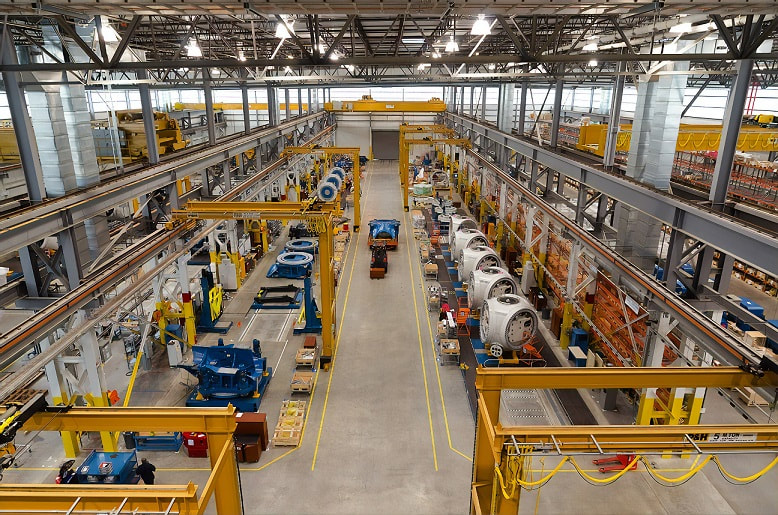The South African manufacturing industry is one of the cornerstones of the country’s economy, contributing significantly to employment and GDP. In this dynamic and often challenging landscape, the importance of effective media relations cannot be overstated. The major manufacturing sectors in South Africa include food processing, textiles, metals, and chemicals. These industries are supported by a large and complex chemical sector, as well as a coal-based petrochemical industry producing a range of plastics, resins, and industrial chemicals. The metal industry, centred in Gauteng, relies on iron and steel producers in the region, while aluminium manufacturers are mainly located in KwaZulu-Natal. This article explores why media relations is crucial for manufacturers navigating this vital but competitive landscape.
Building and Maintaining Reputation
A strong reputation is vital for success in any industry, and manufacturing is no exception. Positive media coverage can enhance a company’s image, build stakeholder trust, and attract potential investors, partners, and customers. In South Africa, where socio-political factors can influence business, a positive reputation can provide a buffer during challenging times.
Enhancing Visibility and Brand Awareness
In a competitive market, manufacturers need to stand out. Through strategic communication, media relations can help companies increase their visibility and brand awareness. By securing coverage in industry publications, newspapers, and online media, manufacturers can reach a broad audience, including potential clients and partners.
Facilitating Crisis Communication
The manufacturing industry is not immune to crises, such as accidents, product recalls, or labor disputes. Effective media relations is essential for managing such situations. A well-crafted communication strategy can help companies mitigate damage, maintain stakeholder trust, and ensure business continuity. In South Africa, where news can spread rapidly, proactive crisis communication is crucial.
Influencing Policy and Stakeholder Engagement
Media relations can also play a role in shaping public opinion and influencing policy. Manufacturers can use media platforms to voice their concerns, share their expertise, and engage with stakeholders on issues that affect the industry. This can be particularly important in South Africa, where government policies and regulations can significantly impact manufacturing operations.
Attracting Investment and Talent
A positive media presence can make a manufacturing company more attractive to investors and potential employees. Companies that are frequently featured in the news are often perceived as industry leaders, which can help them secure funding and attract top talent. In South Africa’s competitive job market, this can be a significant advantage.
Promoting Industry Growth and Innovation
Media relations can also contribute to the growth and innovation of the manufacturing industry as a whole. By showcasing success stories, highlighting new technologies, and promoting research and development, manufacturers can inspire others and drive positive change.
Closing Notes
In South Africa’s manufacturing industry, media relations is not a luxury but a necessity. It plays a vital role in building and maintaining reputation, enhancing visibility, facilitating crisis communication, influencing policy, attracting investment and talent, and promoting industry growth. By investing in effective media relations strategies, manufacturers can position themselves for success in a dynamic and competitive market.





